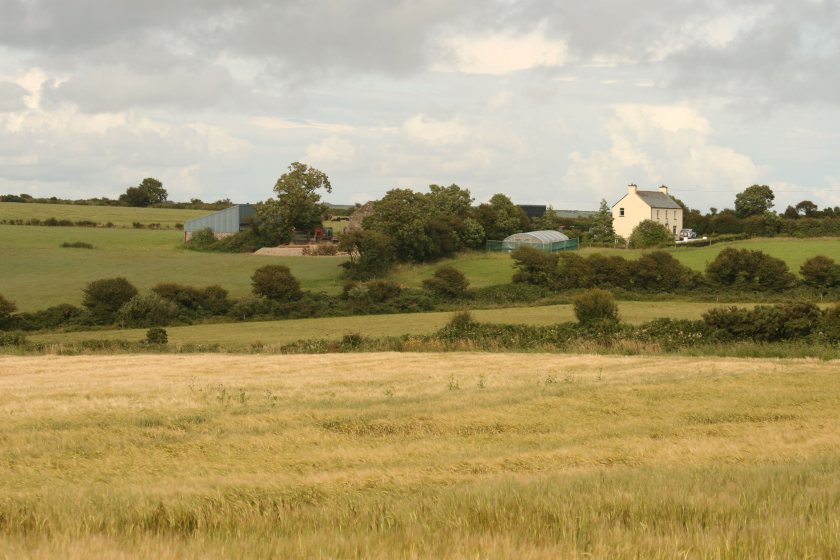
Northern Ireland farm development is being strangled by environmental red tape, the Ulster Farmers’ Union has warned, accusing the government of holding up projects that would actually help meet the region’s own environmental targets.
The UFU says the Department of Agriculture, Environment and Rural Affairs (DAERA) must urgently address planning delays linked to its ammonia operational protocol.
Ammonia, largely produced from livestock housing and manure, has become one of the most contentious factors in rural planning, with even small-scale improvements often stalled because of concerns about impacts on protected habitats.
Farmers argue that the rules penalise modernisation efforts designed to reduce emissions, improve welfare standards and future-proof family farms.
The union’s demands come as Natural England introduces more flexible planning guidance for similar cases in Britain, allowing replacement buildings where nutrient reductions can be demonstrated. The UFU says this shift highlights how “common sense” approaches are possible — and urgently needed in Northern Ireland.
UFU deputy president John McLenaghan said farmers had waited “far too long” for a planning system that recognises environmental betterment.
He said the current protocol is preventing essential upgrades to outdated facilities, adding that DAERA is simultaneously obstructing progress towards its own emission-reduction goals.
“We’ve been highlighting this for years and quite frankly, their continued stalling is embarrassing and pathetic,” he said. He pointed to the strong industry response submitted in April to DAERA’s consultation on the interim operational protocol for ammonia.
The response was coordinated by experts representing the UFU, NIMEA, the Dairy Council, the Livestock and Meat Commission, the NI Pork and Bacon Forum, the NI Poultry Industry Federation and NIGTA, supported by a comprehensive legal opinion. According to McLenaghan, with Natural England now moving on the issue, DAERA “can no longer hide”.
The UFU wants a revised protocol that supports planning applications — and, where relevant, permits and licences — for projects involving the replacement and upgrading of existing farm buildings.
Many such developments would result in lowered emissions through improved ventilation, slurry handling and manure management. McLenaghan said the union is consulting its legal team on its “next steps to achieve this”.
The stand-off highlights the growing tension between environmental protections and the need to keep Northern Ireland’s farming sector competitive.
With agriculture forming a cornerstone of the rural economy, industry groups warn that prolonged planning paralysis could hinder investment, slow the adoption of cleaner technology and place local farmers at a structural disadvantage compared with counterparts in Britain.
